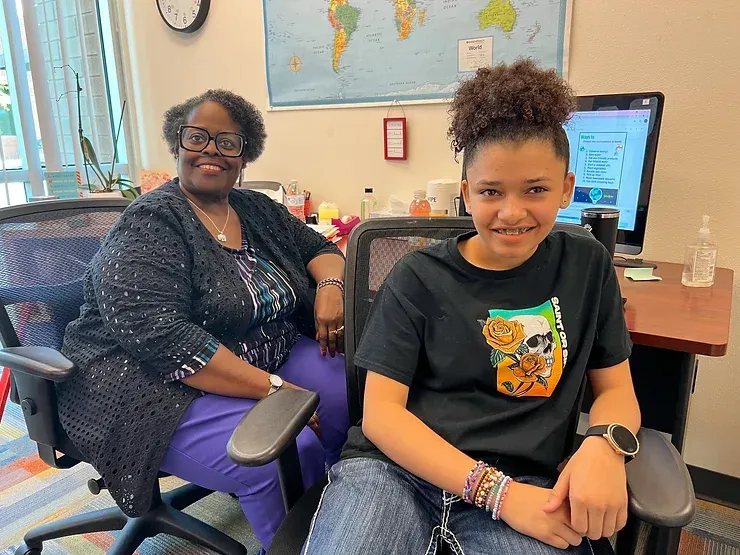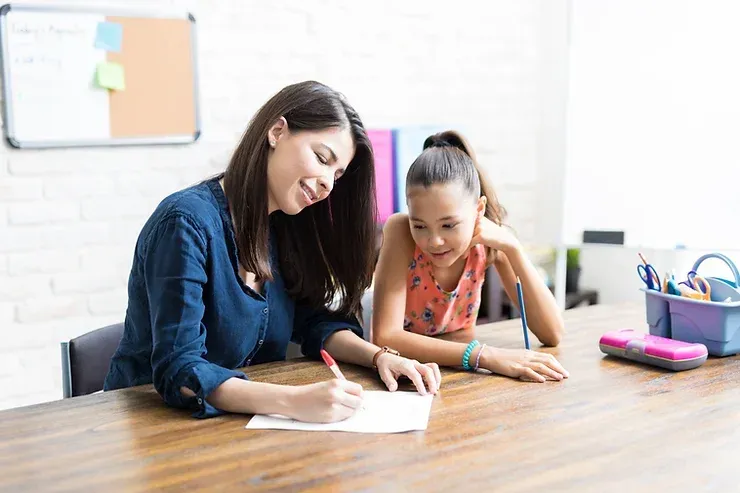Is Homework The Answer?
Ahhh, homework. The bane of every student’s existence. It encroaches on a student’s free time, frustrates and sometimes terrifies parents, and is a highly debated topic in educational circles. Is it worthwhile? Is it essential for learning progress? Should students with chaotic home environments be held to a different standard of completion? In recent years a number of studies have been done to try and answer some of these questions.
A 2006 analysis by Cooper, Civey Robinson, and Patall in the Review of Educational Research , examined a variety of published research around the value of assigning homework to students going back as far as 1987. Through their analysis, Cooper et al found that, “all studies, regardless of type, had design flaws,” and therefore necessitated further research. Adding credence to their recommendation was the fact that while some studies determined that homework assignment was more effective in grades 7-12 than in grades K-6, they found no compelling evidence that there is an association between homework and achievement.

In an Education Week article from December 5, 2022 entitled “This One Change From Teachers Can Make Homework More Equitable, ” Sarah D. Sparks references a study found in the journal Educational Researcher from the same year. The study was led by an associate professor of Sociology at Indiana University, and involved 4,000 elementary and middle school students and their teachers, with observations of 80 students and their teachers, as well as in-depth interviews with the teachers, the students, and the students’ families. The study found that when teachers approached the idea of assigning homework through the lens of reflecting motivation, competence, and effort without taking into consideration students’ families and potential home circumstances, it can lead those teachers to pass judgment on their students regarding their race and/or socioeconomic status, and to punish them.
Joyce Epstein, a homework researcher and the Director of the Center on School, Family, and Community Partnerships, at Johns Hopkins University, and who was not involved in the Indiana University study, is quoted as saying,
“Homework is important, proven to be useful for children’s learning, but we can all do better in designing good homework as opposed to just more of it.”
In the Education Week article, Epstein offers the following recommendations for more useful homework:
- Do not design homework that requires parents to teach or check content knowledge.
- Ensure students can complete assignments at home without help.
- Design separate, ungraded assignments to engage families (e.g. a family oral history project). “If we design homework so the youngster is showing, sharing, demonstrating what they’ve learned in class, the parent becomes an appreciator of how the youngster is growing their skills and abilities,” Epstein said.
- Incorporate supplemental exercises or model lessons in separate communications with parents, such as school newsletters or literacy nights.
So, what about online learning and homework? At Brightmont Academy ( ,https://www.brightmontacademy.com/ ), the one-to-one private school at which I teach, our homework is done through our proprietary online software, and it follows the aforementioned recommendations. It is a germane extension of the daily coursework, requires no support or training from a student’s guardian, and offers the student an opportunity to advance in their studies more quickly. Further, it can be accessed from any computer or mobile device with online capabilities via the student’s login.
“Research suggests that ,homework should not exceed 1.5 to 2.5 hours per night for high school students and no more than 1 hour per night for middle school students. Homework for elementary school students should be minimal and assigned with the aim of building self-regulation and independent work skills.” (Goodwin; Psychology Today , October 3, 2023.)
Unfortunately for students, the bane of their existence isn’t likely to disappear anytime soon. However, with some conscientious planning and an eye toward fairness, schools and teachers can maximize the effects of homework while minimizing its potential damage.


Jamie Bachmann is a former high school special education teacher of over 20 years. He earned his Bachelor’s Degree in Communication Management from The University of Dayton, and his Master of Arts in Teaching from National-Louis University. He is also a lifelong writer, artist and musician. Jamie, his wife, and their numerous rescued felines live in Chicago’s North Shore.
More Blog Posts + News










